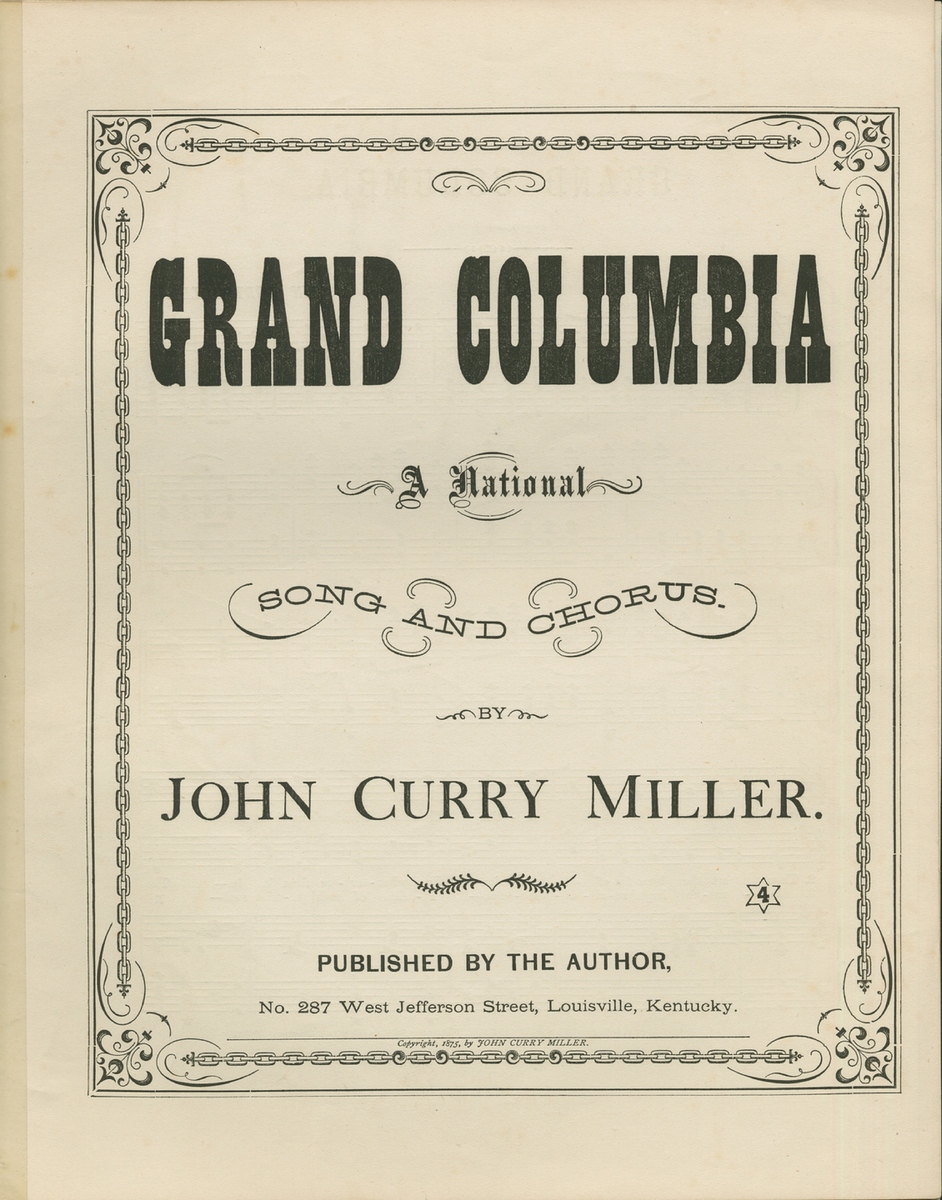Authorship in Ancient China: A Collective Approach to Knowledge
Understanding Authorship in Early China
In ancient China, the concept of authorship differed significantly from the modern idea of individual ownership of creative works. Texts were seen as collective products of a community, with authorship attributed to a group rather than an individual.
For example, the renowned Confucian text, 'Analects', was traditionally credited to Confucius himself. However, contemporary scholarship suggests that the text was compiled by his disciples and subsequent editors over time. This holds true for other classics such as 'The Book of Songs' and 'The Book of Changes'.
Moreover, in early China, the written word wasn't the sole method of preserving knowledge. Oral tradition played a vital role in the transmission of texts and ideas, and numerous works were only preserved through memorization and recitation.
In conclusion, the notion of authorship in early China differed greatly from the modern understanding. Texts were viewed as collective outputs of a community, and authorship was attributed to a group rather than an individual. This collaborative approach to knowledge production and preservation has profoundly shaped China's intellectual legacy.

原文地址: https://www.cveoy.top/t/topic/lopu 著作权归作者所有。请勿转载和采集!